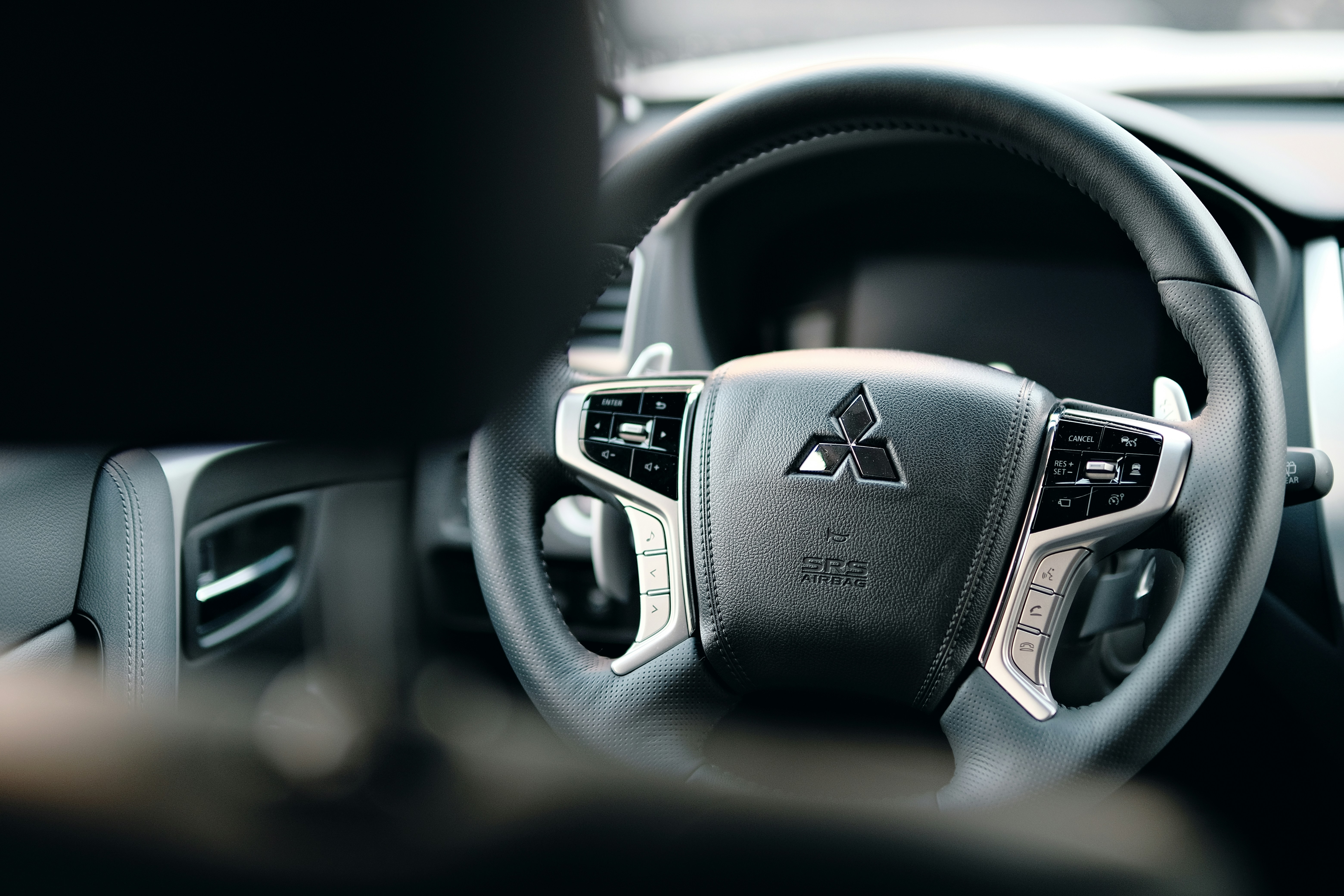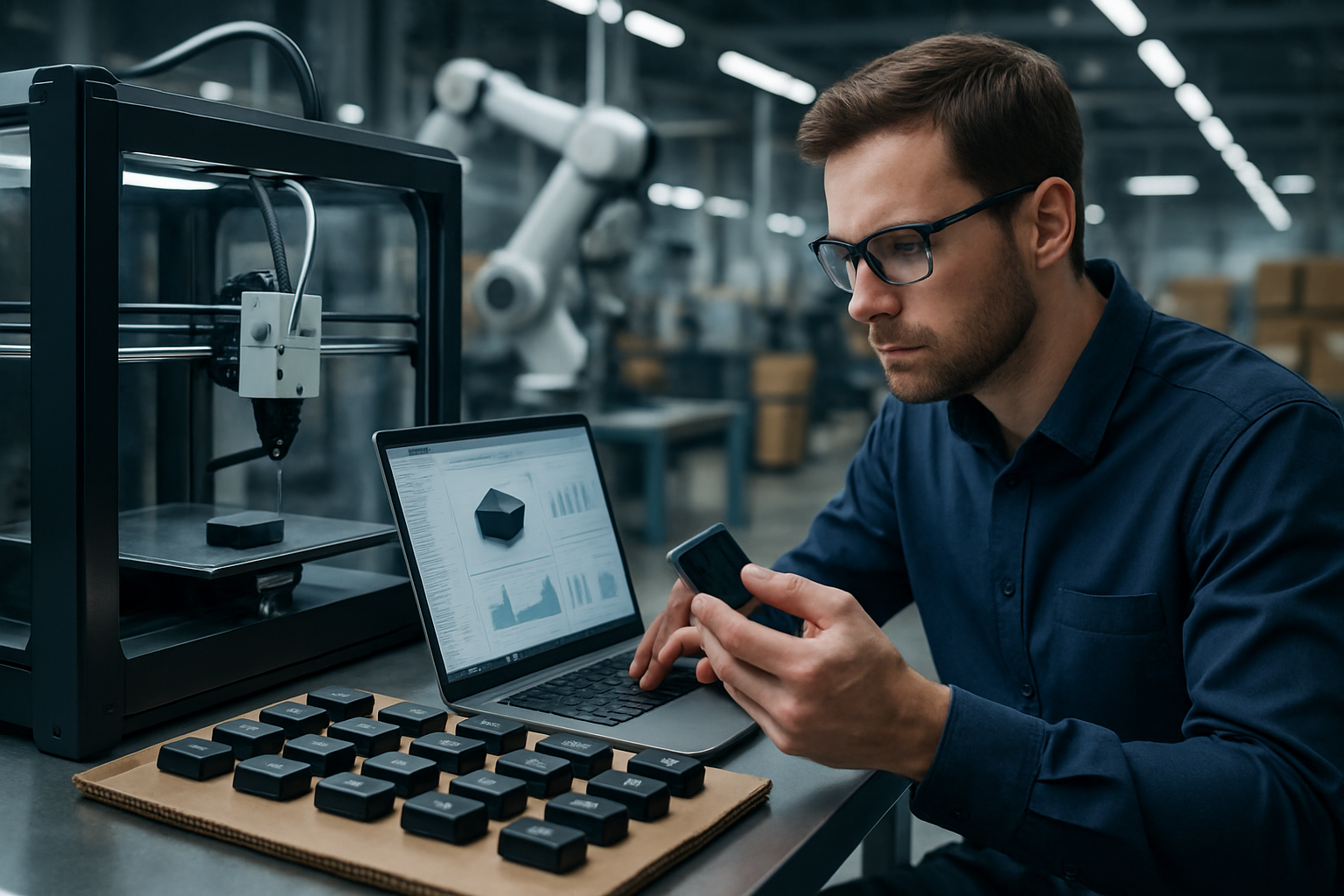Automotive Biometrics: The Future of Driver-Vehicle Interaction
The fusion of cutting-edge biometric technology with automotive engineering is ushering in a new era of personalized, secure, and intuitive driving experiences. As vehicles become increasingly connected and intelligent, the integration of biometric systems is revolutionizing how drivers interact with their cars. From enhancing safety and security to tailoring comfort settings, automotive biometrics are poised to transform the very essence of our relationship with vehicles.

As sensors become more sophisticated and artificial intelligence more adept at processing biometric data, automakers are exploring a wide range of innovative applications. These include driver identification, fatigue detection, health monitoring, and even emotional state analysis. The goal is to create vehicles that not only respond to explicit commands but can also anticipate and adapt to the driver’s needs and conditions in real-time.
Enhanced Security and Personalization
One of the most immediate and impactful applications of automotive biometrics is in the realm of vehicle security and personalization. Advanced facial recognition systems can now identify the driver as they approach the vehicle, automatically adjusting seat positions, mirror angles, climate settings, and even music preferences to match the driver’s profile.
This level of personalization extends to security features as well. Biometric authentication can replace traditional key fobs, ensuring that only authorized individuals can start the engine or access certain vehicle functions. Moreover, these systems can be programmed to recognize multiple users, each with their own set of preferences and access levels – a feature particularly useful for fleet management or family vehicles.
Driver Monitoring and Safety Systems
Perhaps the most critical application of biometric technology in vehicles is in driver monitoring systems. These advanced systems use a combination of cameras and sensors to track the driver’s physical state, including eye movement, head position, and even heart rate. By analyzing this data in real-time, the vehicle can detect signs of fatigue, distraction, or impairment, potentially preventing accidents before they occur.
For instance, if the system detects that the driver’s eyes are closing too frequently or their head is nodding, it can trigger alerts, adjust climate controls, or even suggest nearby rest stops. In more advanced implementations, the vehicle could take over control temporarily if the driver fails to respond to warnings, safely bringing the car to a stop.
Health Monitoring and Emergency Response
Automotive biometrics are not limited to safety applications; they also have the potential to revolutionize in-vehicle health monitoring. Sensors integrated into steering wheels, seat belts, and even seat cushions can monitor vital signs such as heart rate, blood pressure, and respiratory rate. This continuous health monitoring could be life-saving for drivers with chronic conditions or those at risk of sudden health emergencies.
In the event of a medical emergency, the vehicle could automatically alert emergency services, providing real-time health data and GPS location. This rapid response capability could significantly improve outcomes in critical situations, especially in rural or remote areas where immediate medical assistance might not be readily available.
Emotional Intelligence and Adaptive Interfaces
One of the most intriguing frontiers in automotive biometrics is the development of emotionally intelligent vehicles. By analyzing facial expressions, voice patterns, and physiological indicators, next-generation cars could assess the driver’s emotional state and adjust various vehicle parameters accordingly.
For instance, if the system detects that the driver is stressed or agitated, it might automatically switch to calming music, adjust the ambient lighting, or even suggest a less congested route. Conversely, if the driver seems drowsy or inattentive, the vehicle could increase cabin temperature, adjust seat position, or provide auditory stimuli to enhance alertness.
Privacy and Ethical Considerations
While the potential benefits of automotive biometrics are significant, their implementation raises important privacy and ethical concerns. The collection and storage of sensitive biometric data create new challenges in data security and personal privacy. Automakers and technology providers must develop robust encryption and data protection measures to safeguard this information from unauthorized access or misuse.
Additionally, there are ethical considerations surrounding the use of biometric data for marketing or insurance purposes. Clear regulations and industry standards will be necessary to ensure that biometric information is used solely for the benefit of the driver and passengers, rather than for commercial exploitation.
The Road Ahead: Challenges and Opportunities
As automotive biometrics continue to evolve, several challenges must be addressed. These include improving the accuracy and reliability of biometric sensors in diverse driving conditions, developing standardized protocols for data sharing between vehicles and infrastructure, and creating intuitive user interfaces that allow drivers to control and customize their biometric settings.
Despite these challenges, the potential benefits of automotive biometrics are too significant to ignore. As the technology matures, we can expect to see increasingly sophisticated and seamlessly integrated biometric systems in vehicles across all price points. This integration promises to enhance safety, security, comfort, and overall driving experience in ways that were once the realm of science fiction.
The future of automotive biometrics is not just about creating smarter cars; it’s about fostering a more symbiotic relationship between driver and vehicle. As these technologies continue to advance, they will play a crucial role in shaping the future of mobility, paving the way for a new era of personalized, adaptive, and intuitive driving experiences.






